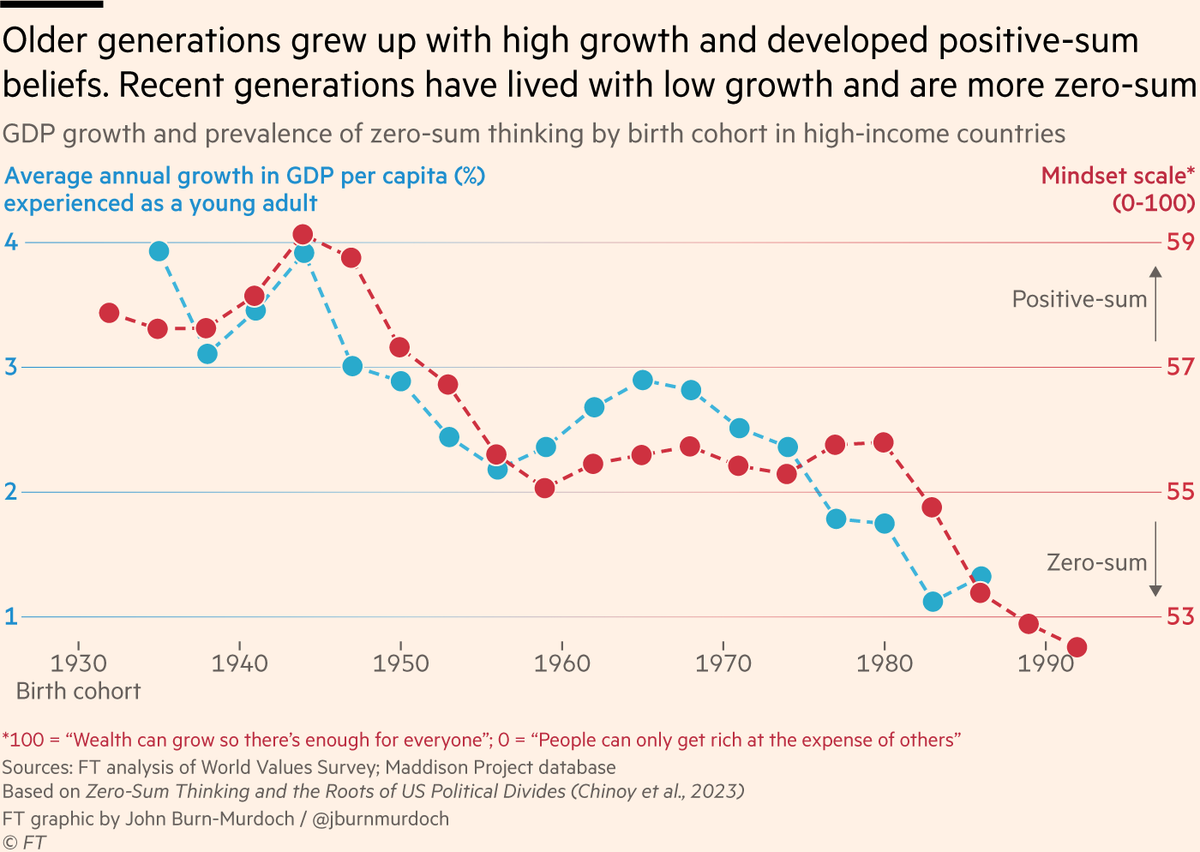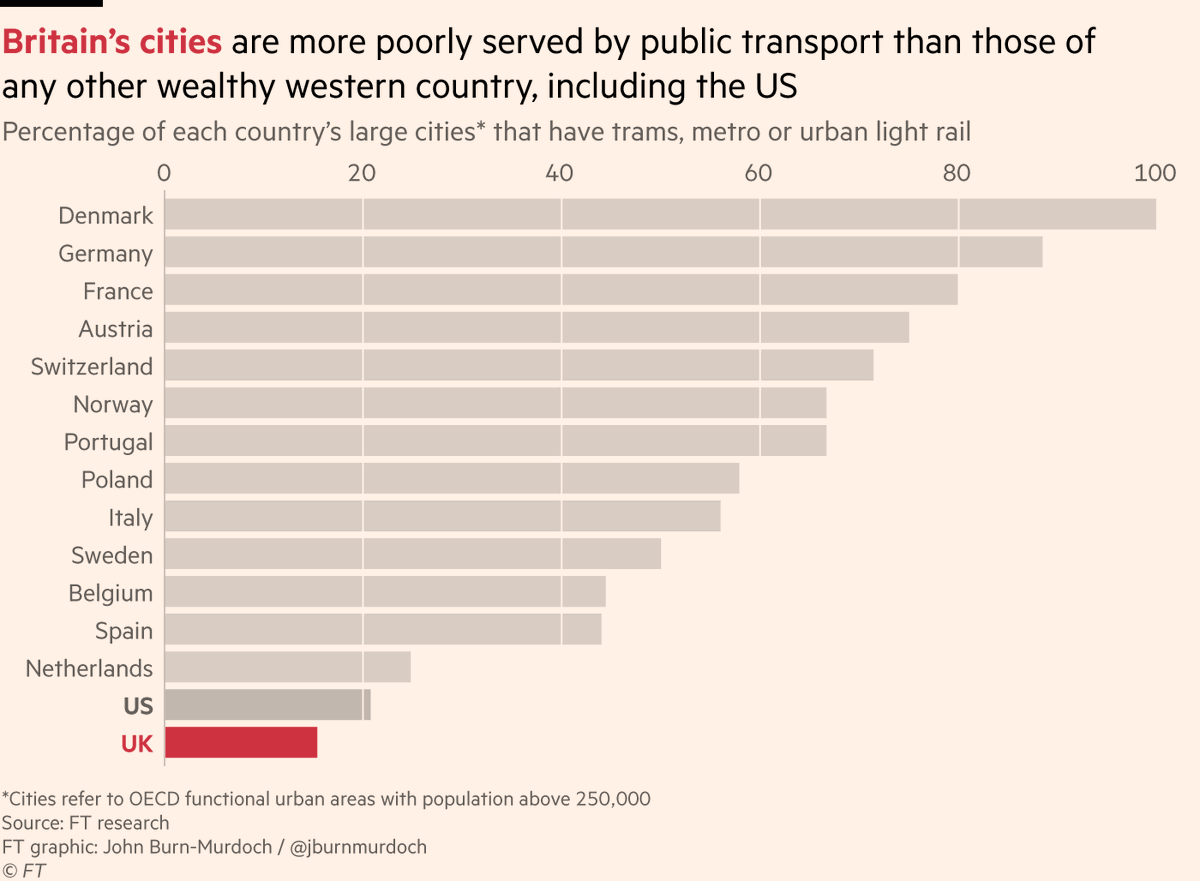Some quick thoughts on why large parts of the mainstream media keep slipping up on Gaza/Israel (and why it was the same at times with Covid):
The main reason is a failure to keep pace with modern news gathering techniques, but there’s more.
The main reason is a failure to keep pace with modern news gathering techniques, but there’s more.
With the proliferation of photos/footage, satellite imagery and map data, forensic video/image analysis and geolocation (~OSINT) has clearly been a key news gathering technique for several years now. A key news gathering technique *completely absent from most newsrooms*.
Obviously not every journalist should be an OSINT specialist, just as not every journalist is a specialist in combing through financial accounts, or scraping websites, or doing undercover investigations. But any large news org should have *some* OSINT specialists.
Some of the biggest international news orgs now do have OSINT teams (or similar). @washingtonpost calls theirs “visual forensics”, @nytimes and @FT go with “visual investigations”. But most news orgs, even large ones, still don’t.
This means that when you have events unfolding rapidly amid a fog of war, most news orgs are still completely reliant on what they’re told by their sources. This isn’t ideal at the best of times, but especially so when different sources are clearly motivated to mislead.
It was the same during Covid, when everyone was quoting officials talking about things that could easily be checked and sometimes debunked by someone capable of doing their own data analysis. But there weren’t enough of those skills in newsrooms, so unchecked claims abounded.
Even when newsrooms have built up these resources (whether OSINT or data) the newness of those teams means there’s some initial wariness about relying on new people (often young and not from traditional journalism backgrounds, so considered outsiders) for massive news lines.
The result is most mainstream news orgs today are either simply not equipped to determine for themselves what’s happening in some of the world’s biggest stories, or lack the confidence to allow their in-house technical specialists to cast doubt on a star reporter’s trusted source
So you end up with situations where huge, respected news organisations are reporting as fact things that have already been shown by technically adept news gatherers outside newsrooms to be false or at the very least highly uncertain. It’s hugely damaging to trust in journalism.
Even without an in-house OSINT team, organisations like @bellingcat and @airwars have been around for almost a decade now to assist. With a situation like Gaza/Israel, any time you’re getting a comment from an official spokesperson, you should also be getting a comment from OSINT
Of course, news orgs also don’t help themselves by insisting on coming out with definitive takes immediately.
I obviously get the desire to be first, and the instinctive dislike of ambiguity.
But in situations like this, surely it’s better to be second and definitively correct?
I obviously get the desire to be first, and the instinctive dislike of ambiguity.
But in situations like this, surely it’s better to be second and definitively correct?
Plus, with the sheer amount of footage these days, and the number of OSINT specialists combing through it, we’re often only talking about waiting a few hours.
I’m sure mainstream media will catch up, but it needs to happen fast in order to retain trust and even relevance, or readers will go elsewhere.
“According to a spokesperson” just doesn’t really cut it when the primary evidence is right there.
“According to a spokesperson” just doesn’t really cut it when the primary evidence is right there.
Beyond OSINT, I think the overarching issue is:
There’s an implicit assumption in most of journalism that the only way to find out what’s happening is to ask someone.
For years now it’s been possible to do better than that, but the industry has not fully taken this on board.
There’s an implicit assumption in most of journalism that the only way to find out what’s happening is to ask someone.
For years now it’s been possible to do better than that, but the industry has not fully taken this on board.
One final thought:
Fact-checks after the fact are inherently limited. “A lie is halfway round the world before the truth has got its boots on”.
Forensic, investigative, truth-seeking work should be a proactive part of breaking news coverage, not a reactive add-on afterwards.
Fact-checks after the fact are inherently limited. “A lie is halfway round the world before the truth has got its boots on”.
Forensic, investigative, truth-seeking work should be a proactive part of breaking news coverage, not a reactive add-on afterwards.
• • •
Missing some Tweet in this thread? You can try to
force a refresh

 Read on Twitter
Read on Twitter














